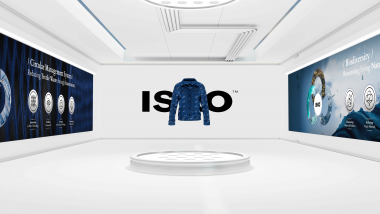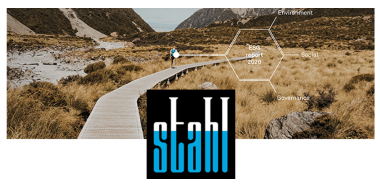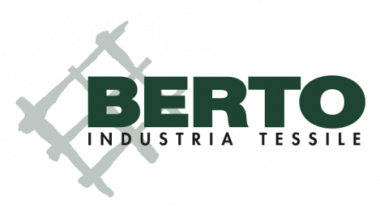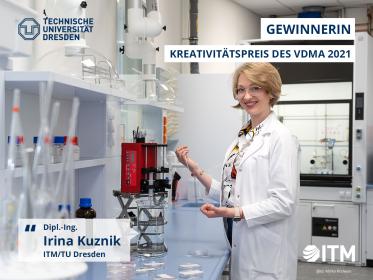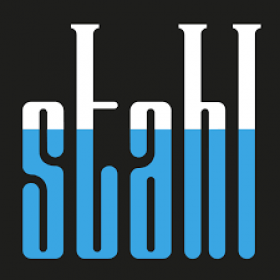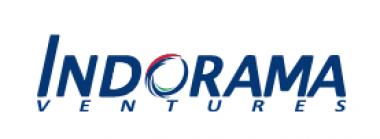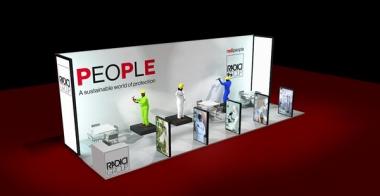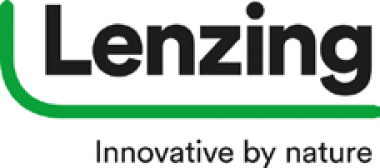Indorama Ventures in the in the Global Children's Rights and Business 2021 benchmark
Indorama Ventures Public Company Limited (IVL), a global sustainable chemical company, has been recognized as an “Achiever” in the Global Children's Rights and Business 2021 benchmark by the Global Child Forum. The company has been ranked 7th out of 28 global chemical companies and is the only Southeast Asia-based company included in the Basic Materials category this year.
This recognition demonstrates IVL's commitment to supporting children's rights and child-friendly business practices in the workplace, marketplace, and community and environment by adopting Children's Rights and Business Principles (CRBP) of UNICEF. The company has a wide range of initiatives that ensure children’s rights, in line with the UN Sustainable Development Goals (SDGs) of good health and well-being, quality education, gender equality, clean water and sanitation, and decent work and economic growth.
Chief among IVL’s contributions to children’s rights is the Recycling Education program for the younger generation. The program aims at creating awareness and providing knowledge about recycling and waste separation, in which everyone can take part. By supporting youth as a priority, the program aims to educate future business and community leaders how to lead their organizations, communities, and other consumers in doing the right thing to protect our environment. During the past few years, the program has educated almost 50,000 people of which are students from more than 100 schools. Initiated in Thailand, IVL is now expanding the Recycling Education where it operates globally.
The State of Children's Rights and Business 2021 benchmark report is produced by the Global Child Forum, a leading children’s rights organization, and the Boston Consulting Group by surveying 832 large global companies in nine industries and assessing 27 standardized metrics from its Code of Conduct. This report focuses on the rights of children along with sustainability supervision based on publicly available information.
Indorama Ventures Public Company Limited













